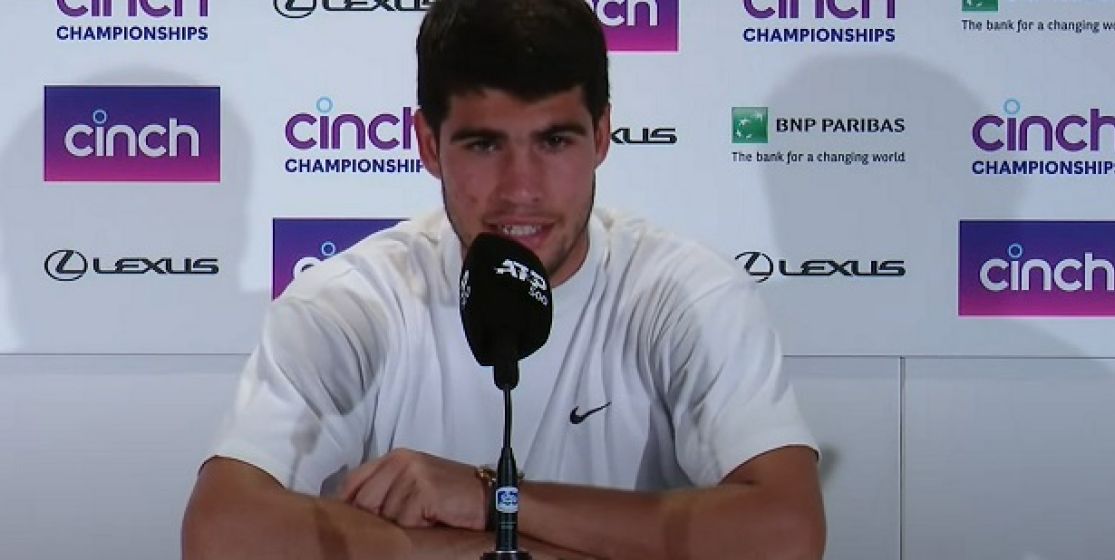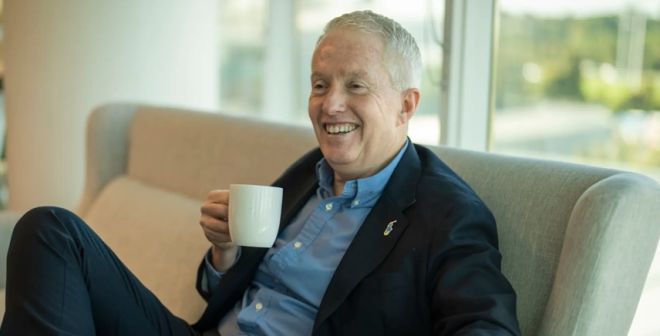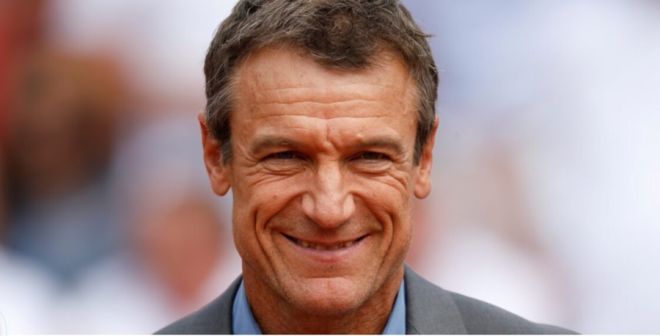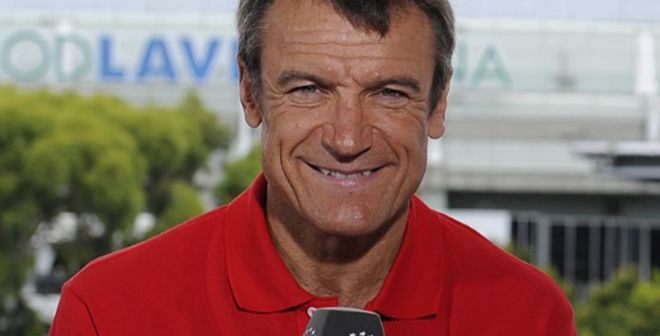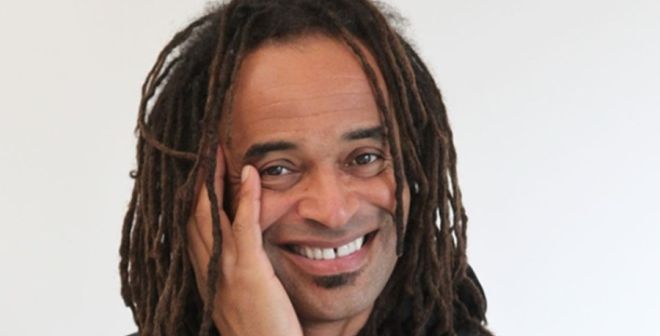It has been obvious from the time he burst on to the tennis scene, but it is worth mentioning all over again; Carlos Alcaraz is a very humble, down to earth, and refreshingly honest young person. The 20-year-old was so open about his loss to Novak Djokovic in the semis of the French Open and made it clear at Roland Garros that his nerves succumbed to the occasion.
Certainly, he has been a star in tennis, and he has been world No.1 and has won a major (he will do all that many more times) but what is forgotten at times is that he is still a kid. He is only 20. To compare him to other players at the same age is totally unfair as everyone is different. What Alcaraz has already achieved is beyond remarkable.
“I played just my second semi-final of a grand slam and of course playing against a legend like Novak is never easy so once I lived that experience, I played that match, that semi-final against Novak, that was a really important match; it’s going to be different the next time I’m going to be in that situation,” Alcaraz said.
“I would say I deal with the pressure, the nerves better than I did in that semi-final. I’m a guy who finds the positive thing always and I learnt a lot from m that match … how I have to deal with the nerves in that situation so it’s going to be different in the next situation.”
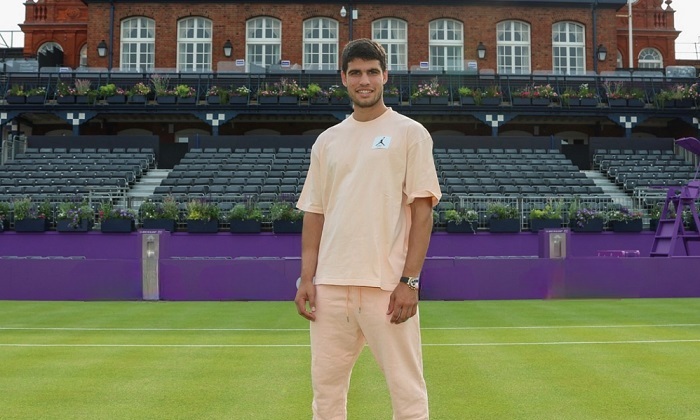
After levelling that match on Court Philippe Chatrier at a set all, at the start of the third Alcaraz froze on court, he was like a statue as he didn’t more. It seemed that he had injured his right leg, but it transpired that cramps were taking over and enveloping his body. It had nothing to do with conditioning but everything thing to do with nerves and anxiety.
No matter how much the capacity crowd tried to urge on the Spaniard, he was not even a shadow of his normal self, and he won only two more games in the match.
During the match his coach and former world No.1 Juan Carlos Ferrero was signalling his charge to retire but Alcaraz was determined to finish the match in the regular manner. Foolish not really as it was not an injury that would get worse by continuing to play, brave yes because there was obvious discomfort and hinderance to his game and ton him physically.
“Both of us (he and Ferrero) know what happened, it was the nerves, I could not handle the nerves really well, so it was tough to play at such a high level with Novak with a lot of nerves,” Alcaraz said. “We spoke sort of, like we have to start the match more relaxed and enjoying a little bit more and not be worried about the match. With a lot of nerves, I could not play my game; I just need to worry about how to win and that’s all I want – enjoy playing a match like this.
“And of course, playing a semi-final like this against Novak, I’m not going to quit. It would be not very good from my side to quit in that situation, so that was all we spoke with each other.”
Maybe he will be like Roger Federer who never retired from a match in his entire career.
After Paris he wound down by not playing for three or four days and instead joined a friend and had a good time on Ibiza, just like any other 20-year-old. It was a “good occasion” he said with a big smile. Carlos added: “I just like that kind of time to turn off your mind and enjoy a bit of life as well. It’s really important to come back to tennis really good.”
Carlos’s attention is now turned to the grass. At The Queen’s Club in west London, he is playing just his third grass court tournament after his two shots at Wimbledon; “that’s if I don’t count juniors”, he joked, and for him the biggest issue to combat is the movement and lower bounce on the slick surface.
“For me the most difficult part is to move well on grass,” he said. “You have to be more careful than other surfaces, so for me to move on grass is most difficult part, and the most comfortable is going to the net, playing aggressive all the time. For me playing that style is comfortable and I like it.
“There are a lot of players who like to slice on grass, but I am not one of them. I have to think about the movement (and) I have to be really focused on every move, every shot.”


